When did “LIKE” become a power word? You might not have seen it coming, but ever since facebook launched its LIKE button, only a few years back (although it seems so much longer), it has grown to much more than a “button”. LIKE is truly “owned” by Facebook, just like white as a color is owned by Apple, and the swoosh is owned by Nike. To the point where Google needed to invent the less magical +1 sign to overcome trademark infringement. Let me try to unfold a few of the LIKE dimensions and explain what marketers can do with this LIKE phenomenon …
>The LIKE-button … making magic happening. Here’s how:
- When you LIKE a picture or video, everyone of your friends can see it.
- When you LIKE a page, you become a fan of it.
- It’s an expression of appreciation, of respect, of love. At a push button, and visible to the world. Powerful stuff.
- So what does LIKE do, more than anything else on the web > it creates “CONNECTIONS“; real, tangible and visible connections, between people and people and people and brands. Magic for marketers.
And here’s the real power: it has spread across the world, across the web. There are LIKE buttons on over 1 billion websites, linking those back to facebook. World domination at its best. Facebook is also inventive when it comes to using LIKE to create other metrics, like the newest “People Talking About” on fan pages.
> It is a visual language; and allows interesting creative expressions linked to all sorts of situations, events, brands:
> LIKEs provide deep insights about people around the world (and unlocks money for facebook)
On the backside, internally at facebook, it creates a powertool to understand consumer behavior. It allows Facebook to keep a record of what a user is linked to, providing the company with ever more data about people’s preferences than what they already had/have. Not only can they use it to make Facebook stronger, they are monetizing it to put the right advertising in the right place. Smart. I LIKE 😉
When is the last time YOU looked at what your consumers LIKEd on your website, on your competitors’ website, on their own page?
> The LIKE concept is moving to the real world, while still being connected to the digital world!
C&A Brazil has found a way to let their consumers know what clothes other people like. Via the C&A Brazil facebook fan page, you can look at the collections, express what you like, and the LIKE is then real-time streamed as a number to the clothes hangers so visitors in the shop can see it. Brilliant. I LIKE LIKE LIKE it. Marketing at its best. And a best-practice for marketers around the world on what you can do with LIKE yourself, in some form or shape. You have to take a look at this:
And I’m sure a lot more of this creativity is about to come.
Here’s another thing to watch, as a spin-off of the LIKE button: the noknoker:
What are your thoughts on LIKE? Any other similar phenomena like it?
Thank you for stopping by. Having trouble reading this blog post? Then go to https://www.redhotmarketingblender.com/blog/

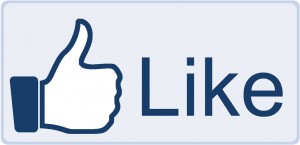
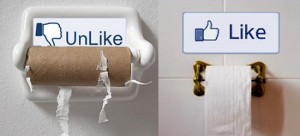
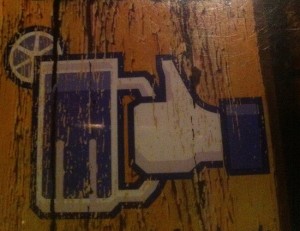
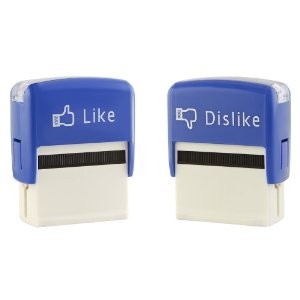
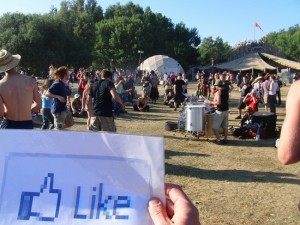







{ 1 comment… read it below or add one }
A very interesting post, thanks. There’s been quite a debate on a linked in forum regarding the worth of indie writers liking each other’s facebook pages – i.e. reciprocating ‘likes’. No one there has quite raised the marketing points you have here. I like the sense of community the act of reciprocating ‘likes’ can engender – we’re all in there, supporting each other. Plus, you get the connections and visibility you’re talking about.
Some people say encouraging others to like your page is just an ego trip – and I suppose there is a bit of that element. However there’s nothing wrong with sharing the *love*, or rather, *like*.
Thanks again for your post.